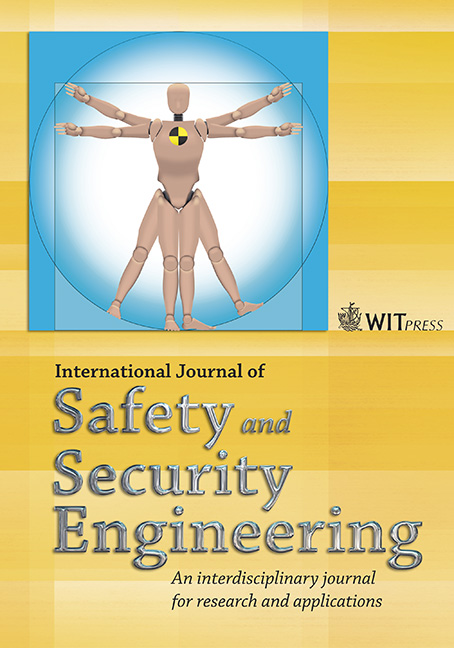The socio-ecological analytical framework of water scarcity in Rafsanjan Township, Iran
Price
Free (open access)
Volume
Volume 6 (2016), Issue 4
Pages
12
Page Range
764 - 776
Paper DOI
10.2495/SAFE-V6-N4-764-776
Copyright
WIT Press
Author(s)
S. MEHRYAR, R. SLIUZAS, A. SHARIFI & M.F.A.M. VAN MAARSEVEEN
Abstract
Ground water scarcity is a main socio-ecological challenge in the Middle East. While ground water reserves seem vast, the impacts of over-exploitation and inadequate control over water consumption may threaten the sustainability of aquifers. The signs of aquifer depletion and its influence on water accessibility have become apparent in recent years. Using the case of Rafsanjan Township, Iran, this study aims to understand the socio-ecological factors and their inter-relationships in driving and exacerbating the water crisis situation, the ongoing policy responses and the possible consequences of current trends. The Drivers, Pressures, State, Impacts and Responses (DPSIR) framework, developed by the European Environmental Agency in 1999, is used to analyze the components of the socio-ecological system. Inputs are generated through a time series analysis of Landsat images, extracted spatial data-sets, secondary literature and government reports.
This study illustrates the conflict between rapid economic development policies that have simulated the expansion of pistachio orchards on the one hand and sustainable water resource management on the other. Some responses based on a long-term socio-ecological resilient planning approach may provide a more sustainable perspective, but will require a substantial rethinking of current policies, improved water management practices, and additional research
Keywords
DPSIR, socio-ecological system, water resource management, water scarcity




